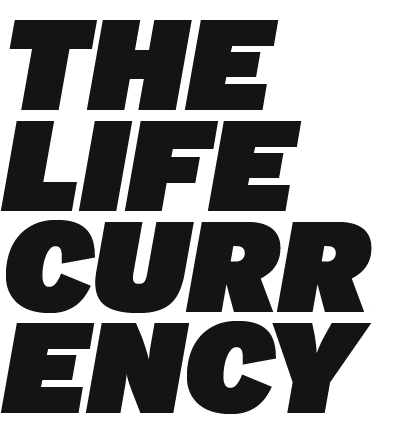ASK LATASHA: “What Are My Loan Options? Make Them Make Sense!”
When it comes to money matters, our in-house finance guru and cash queen extraordinaire LaTasha Young’s got you covered! To get answers to your questions, email us at pitches@thelifecurrency.com with “Ask LaTasha” in the subject line — or fill out this form.
Dear LaTasha,
My name’s Morgan H., and I’m a recent grad/bespoke florist based in Brooklyn! My friends have been urging me to start a small biz for a while. Given I’m a little strapped for startup cash, what loans should I look into? I know there’s a few different types, but I do'n’t know how they work or if I’ll qualify. Help?
Hey Morgan:
Great question! When beginning a business or expanding an existing one, there may come a time when you need to look into your financing options — including credit and loans. If you don’t have a personal cash reserve to pull from or family/friends to tap into first, here’s five alternatives that are pretty common and may be a good fit for you. :)
1. BUSINESS LINE OF CREDIT
A business line of credit is great for businesses that need flexibility and have an immediate need for capital. For instance, you might be experiencing unexpected expenses (e.g. material/packaging costs) and/or significant lengths of time between your personal pay periods. If so, this alternative will allow you to meet your financial obligations with little wait time and with a fair interest rate.
Note: Loan amounts vary but can go up to $500,000 with an interest rate between 7-21%.
2. SBA LOANS
Small business loans are a great option for those with 1) good credit and 2) long-term financing needs. While the Small Business Administration doesn’t cut checks itself, they do however work with banks to guarantee that loans are available to partially eliminate the risk of lending and encourage investment in small business.
The two types of loans the SBA promotes are as follows:
SBA 7(a): The most common of the two available loans; used to acquire or expand your business or for those looking for working capital.
SBA 504/CDC: Used for covering the costs of equipment or real estate.
Note: The maximum term of an SBA loan is 25 years, up to $5 million.
3. MICROLOAN
These loans are mainly for businesses looking for less than $50,000. They are usually issued by smaller nonprofits to help generate economic activity in disadvantaged communities.
Note: Microloans are very ideal for those who want to expand a small home-based business like a food truck or café.
4. EQUIPMENT LOAN
An equipment loan is for businesses that are looking to invest in capital equipment. From vehicles for a transportation service to additional inventory for a convenience store, these expenditures will be new verifiable assets. Since the equipment secures the loan, these loans are easier for businesses to acquire — even with less than perfect credit.
5. COMMERCIAL REAL ESTATE LOAN
A business that is looking to expand or buy office space for new operations would want to look into commercial real estate loans. These loans can help secure new office space, purchase a warehouse or buy a restaurant as well as many other options. However, real estate loans DO require more paperwork and a clear plan for use of funds.
But the good part is rates for real estate property loans will be lower than the other loan options, because they are secure and backed by a tangible asset.
Note: You can expect to see interest rates around 4-5%.
LAST THOUGHTS
All of these alternatives likely require a business bank account, which will help keep you organized and accountable come tax time. Most small business loans get rejected the first time, so do not only apply to one financial institution or get discouraged at your first “no.”

